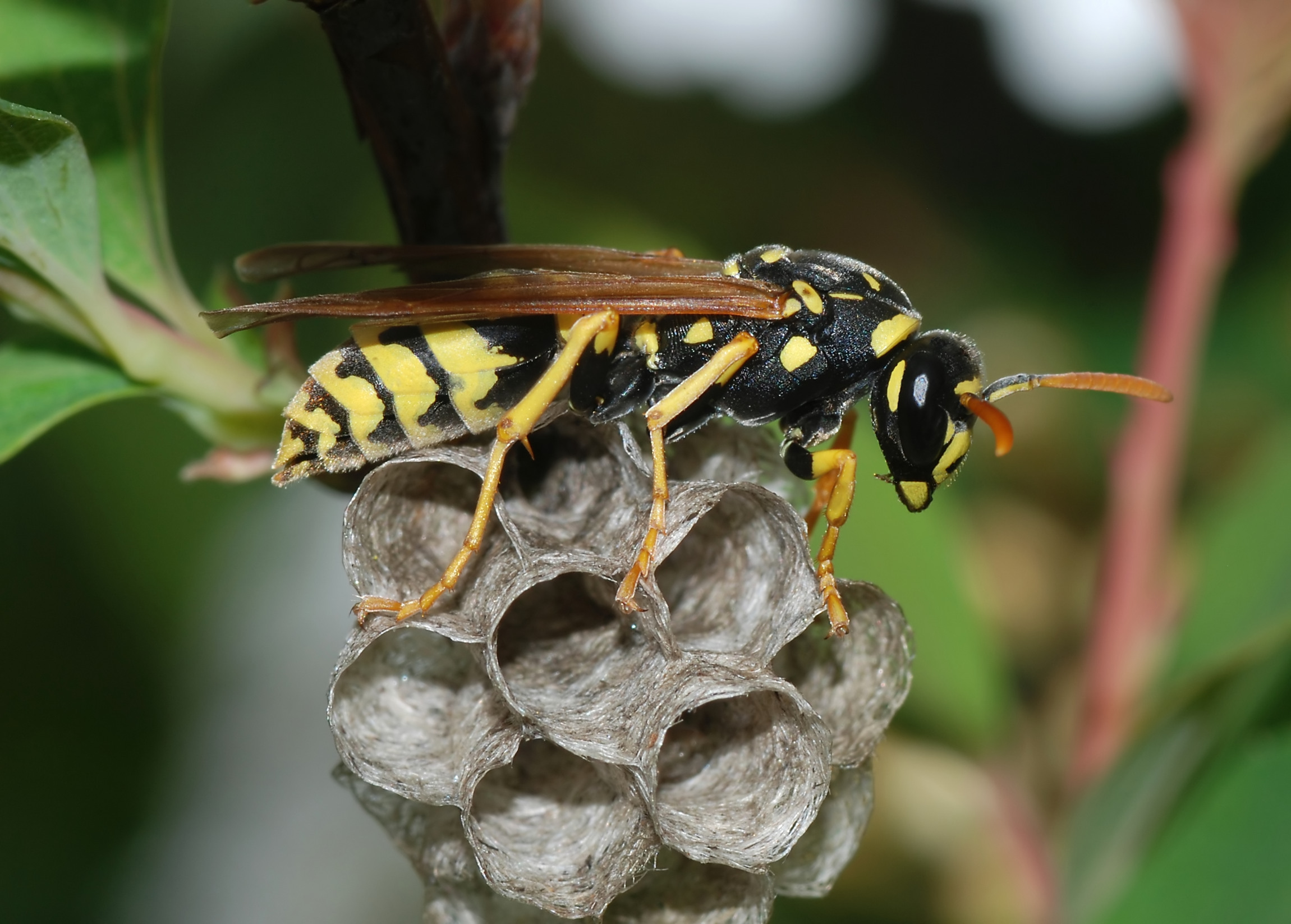With organic pest control companies on the rise, we ask the question: Is it possible to treat pests naturally and effectively?
The subject of pest control has been a very prominent matter in the media over the past few weeks as a result of the warmer weather. Consequently, there is now debate of pest control companies treating pests with natural, pesticide-free products. Many claim that if the product used to treat pests is not EPA (Environmental Protection Agency) registered, then it should not be used, as it has not been proven effective by the EPA. Customers should be aware of what their chosen pest controller is using to treat an infestation, and if in doubt should ask exactly what they are using. A good way of identifying if the products are registered is to look for a label which will be clearly displayed on all approved products.
However, environmentalists say that pesticides are often unnecessarily applied, and as a result killing other insects which are not pests; this can subsequently promote resistance in insects and have a negative impact on the environment. It can be argued that if the pest controller is fully trained, the area will be surveyed thoroughly before any pesticides are used. Normally, when an infestation occurs, a qualified pest controller will treat the pests with a water-based insecticide. This is a very common and effective method of pest control, and is widely used due to its ability to completely eradicate various levels of an infestation in both domestic and commercial properties. However, the pesticides the controller will use will be very different from what is available on the market to purchase. These pesticides are extremely dangerous in comparison due to the high level of chemicals they contain, therefore are only permitted to be used by a fully certified and licensed controller.
So why have some pest control companies adopted a more organic approach?
Over time, there have been some examples of improper use of pesticide products by pest control engineers that may not have been correctly trained, leading to other wildlife becoming affected, such as butterflies and birds. Additionally, pesticide-related poisoning is a global public health problem, as an estimated three million acute poisonings occur worldwide each year, due to the lack of appropriate pesticide handling laws and training programmes. By considering a more organic approach to tackling pests, many argue that it can be better for the environment and prevents the promotion of resistance in insects, although it is strongly advised that a reputable company should always be used for any pest related problem.
Why are other insects now used as a form of pest control?
Those that grow fruits and vegetables in their garden will understand how irritating it is to have pests regularly destroying their crops. Many home gardeners and some farmers prefer not to spray pesticides on their produce due to the chemicals they contain, and as an alternative have started to use other garden insects as a form of pest control. Ladybirds have been classed as a non-toxic, hypoallergenic and affordable option of controlling pests as their diet mainly consists of plant pollen and pests. Unlike these expensive and dangerous sprays, ladybirds do not leave a toxic residue on the plants. They do not sting or harm humans and are not poisonous, making them a promising insect for pest control.
Another insect that has been known to be effective in terms of pest control is the hover-fly. A natural enemy to garden pests, hover-flies are considered to be one of the most valuable insects for organic pest control. This is because the flies eat other insects that cause damage to your plants and crops; encouraging these valuable flies into your garden is a natural way of controlling plant-eating pests successfully.
Is it possible to treat pests naturally and effectively?
There is no definitive answer, as homemade remedies have been proven to be effective for garden use, in addition to the use of other insects acting as a valuable method of pest control. However, it can be said that treating pests organically can only prove effective to a certain degree, and is highly dependent on factors such as the type of pests and size of the infestation treated, including the area in which they are located. Pesticides and insecticides are still, and will continue to be used widely due to their ability to eradicate even the largest of infestations, this method will undoubtedly continue to hold long term benefits in which can outweigh the weaknesses and uncertainty of natural pest control.
If you have a pest problem in your domestic or commercial property, then call a professional pest controller that is fully qualified in the handling of both pesticides and insecticides, to ensure your property is pest free in no time.





